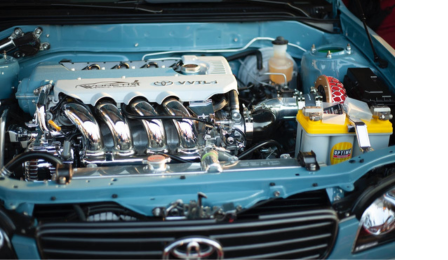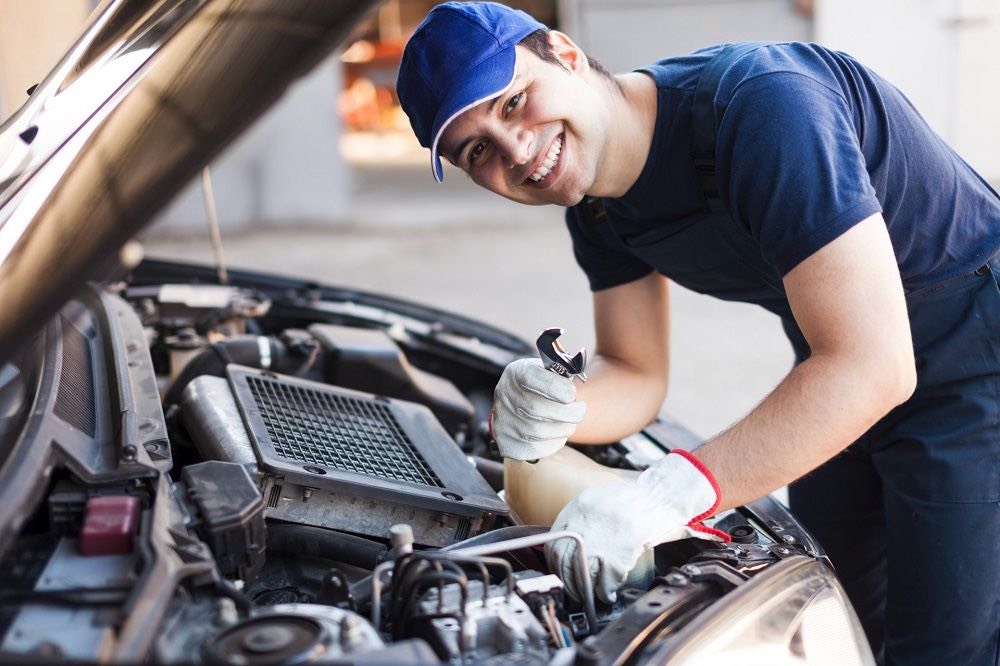Why Used Engines for Sale Are a Smart Option for Your Following Automobile Repair
Why Used Engines for Sale Are a Smart Option for Your Following Automobile Repair
Blog Article
Vital Considerations for Making Certain Quality and Long Life in operation Engines
When thinking about the purchase of a used engine, ensuring its quality and longevity needs a multifaceted method. Maintenance history is a crucial aspect, as it gives insight into the engine's previous care and prospective future integrity. Past paperwork, an in-depth assessment of physical elements-- such as belts, hose pipes, and seals-- can disclose covert problems. Performance testing is likewise important, supplying a photo of the engine's operational effectiveness. Nevertheless, recognizing the subtleties of these analyses and their implications can be complicated. What are the crucial approaches that can be employed to browse this complex examination process properly?
Engine Background Analysis
In the world of utilized engines, an extensive engine history analysis is extremely important to guaranteeing quality and integrity. Understanding an engine's past can give vital insights into its performance capabilities and possible future longevity. A careful background review includes numerous essential facets that play a considerable role in analyzing an engine's condition. First of all, maintenance documents are crucial. Normal maintenance, including oil modifications, filter replacements, and set up tune-ups, show that the engine has actually been well-cared-for, decreasing the likelihood of unexpected failures.
Additionally, assessing any kind of history of fixings or substitutes is vital. Engines that have undertaken significant fixings might have underlying issues that can resurface. Understanding the context of such repair work, whether because of making defects or proprietor negligence, is crucial in creating an extensive evaluation. In addition, taking a look at the engine's gas mileage can work as a sign of damage. Reduced mileage engines are typically preferred, however it is also essential to take into consideration just how those miles were accumulated. An engine utilized mostly for long-distance highway driving might remain in better problem than one subjected to regular stop-and-go city traffic.
Fundamentally, an extensive examination right into an engine's history is crucial for making enlightened purchasing choices. used engines for sale.
Comprehensive Inspection Guide
While recognizing an engine's background gives useful context, a comprehensive inspection is the following step to ensure its present condition aligns with historical data. The inspection should begin with an aesthetic evaluation, looking for signs of leaks, corrosion, and unusual wear. Check the exterior for oil discolorations or coolant marks, which may suggest underlying problems.
Next, evaluate the engine's installing system for any loose screws or irregularities that might impact performance. Pay attention to the problem of belts and hoses, as these elements are essential for ideal engine capability. Examine for cracks, fraying, or any kind of indications of deterioration.

Identifying Damage
Acknowledging signs of wear and tear is important for analyzing an utilized engine's long life and dependability. It involves a thorough exam of different engine components to determine their present state and useful content possible future efficiency.
Another critical facet is inspecting the engine's seals and gaskets. Additionally, irregular noises throughout engine operation, such as knocking or ticking audios, might suggest inner damages or extreme wear on moving parts like pistons or bearings.
The condition of belts and hose pipes is equally essential, as they play a vital function in the engine's total function. Broken or torn belts and brittle tubes are signs old that could cause engine failure if neglected. Examining the oil condition and filter can give insights into previous upkeep methods, as filthy oil or stopped up filters suggest overlook and increased wear.
Efficiency Testing Essentials
Reviewing the wear and tear of engine parts establishes the phase for a thorough evaluation via performance screening. Efficiency screening serves as an essential measure in establishing the functional integrity of a made use of engine.
Using dynamometers is an usual method in performance screening. These devices determine the engine's outcome across various conditions, using a thorough profile of its performance. Furthermore, on-road testing enhances dynamometer evaluations by observing engine habits under normal driving circumstances, guaranteeing it meets the description required standards for both security and efficiency.
These devices examine engine management systems, recognizing faults in digital components that could influence efficiency. Comprehensive testing not only verifies the engine's functional standing but also aids in forecasting future maintenance demands.
Upkeep and Treatment Tips
Correct upkeep and treatment are vital to prolonging the life expectancy of a used engine and guaranteeing its constant performance. Normal oil adjustments are paramount; using the producer's advised oil type and grade can prevent excessive damage. Additionally, oil filters need to be replaced simultaneously to keep ideal lubrication and cleanliness within the engine.
Checking fluid degrees, including coolant, transmission fluid, and brake fluid, is essential. Making certain these fluids go to ideal levels helps avoid getting too hot and other mechanical concerns. Examining belts and pipes for indications of wear, such as splits or fraying, can avoid potential failings that may bring about costly repair work.
Regular evaluation of the air filter is additionally essential, as a tidy filter guarantees efficient air flow and burning, thus enhancing engine performance. my website Ignition system need to be checked and changed when required to maintain effective fuel combustion and prevent engine misfires.
Last but not least, routine diagnostic checks using expert tools can recognize potential problems prior to they end up being significant problems. By sticking to these upkeep and care tips, used engine owners can ensure their engines remain trusted, efficient, and with the ability of performing well over an extensive duration.
Final Thought

Report this page